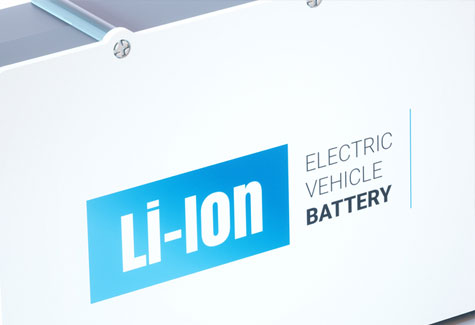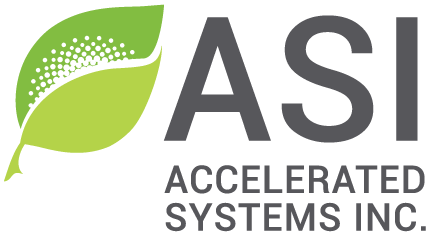
 With small motor intermittent-use machines, such as outdoor power equipment like lawnmowers or chainsaws, the size and nature of these motors create a perfect storm of poor energy efficiency when compared to traditional hydrocarbon fuels, resulting in inefficiencies and toxic outcomes.
With small motor intermittent-use machines, such as outdoor power equipment like lawnmowers or chainsaws, the size and nature of these motors create a perfect storm of poor energy efficiency when compared to traditional hydrocarbon fuels, resulting in inefficiencies and toxic outcomes.
Here’s why.
Burning fossil fuels is, by nature, inefficient. Typically, less than 20% of the energy is recovered for use, while the remaining 80% is liberated as heat and expelled as effluents.
Large motor machines, such as automobiles, mitigate effluent by-products with a catalytic converter. In small motor, intermittent use machines, such as outdoor power equipment, there is no opportunity to mitigate.
The impacts become far worse with more efficient fuels that burn at higher compression, such as diesel. The particulates and effluents are sub-micron and don’t behave in the same manner as a gas, entering and exiting the lungs. Effluents go into the lungs and stay. Filtering the particulates to convert to hydrogen or carbon doesn’t solve the problem either; rather, it converts to another toxic by-product.
Filling tanks for equipment, such as lawn mowers or chainsaws, carries other risks associated with spillage, the average being 10% - 15%, adding to ground pollution and expelling VOCs into the air.
Once small machinery is fueled and started, it also takes time for these engines to reach a steady state and optimal design point. Ironically, their work is often done when at the most efficient running point, but even when there, the energy source is still only 20% efficient, at best.
Contrast this with battery power. Energy storage is a measure of how much work can be done with energy stored. In the case of battery power, that means it will deliver 1000watts for an hour.
Unlike hydrocarbon fuels, batteries recover energy on average at 90%, with minimal heat loss. Energy is used and not lost, and does not produce effluents. Charging is economical, and for enthusiasts, a home-based 200-watt solar power panel can provide charge for decades.
Lithium-ion battery costs continue to drop due to economies of scale driven by the automotive industry, and electric motors exceed customer expectations. They work immediately, at optimal design time, with better performance than with gas, and run clean. There really isn’t a better choice.
 Skip to main content
Skip to main content


